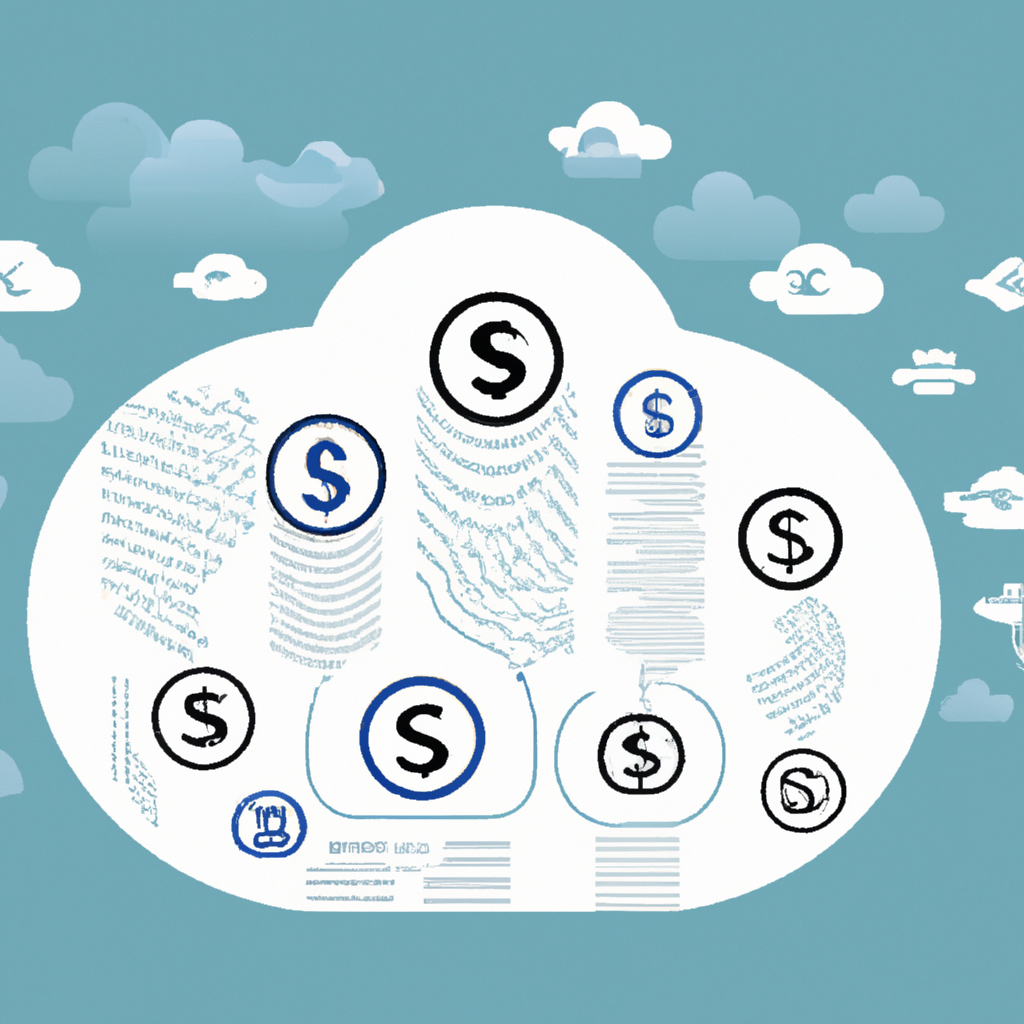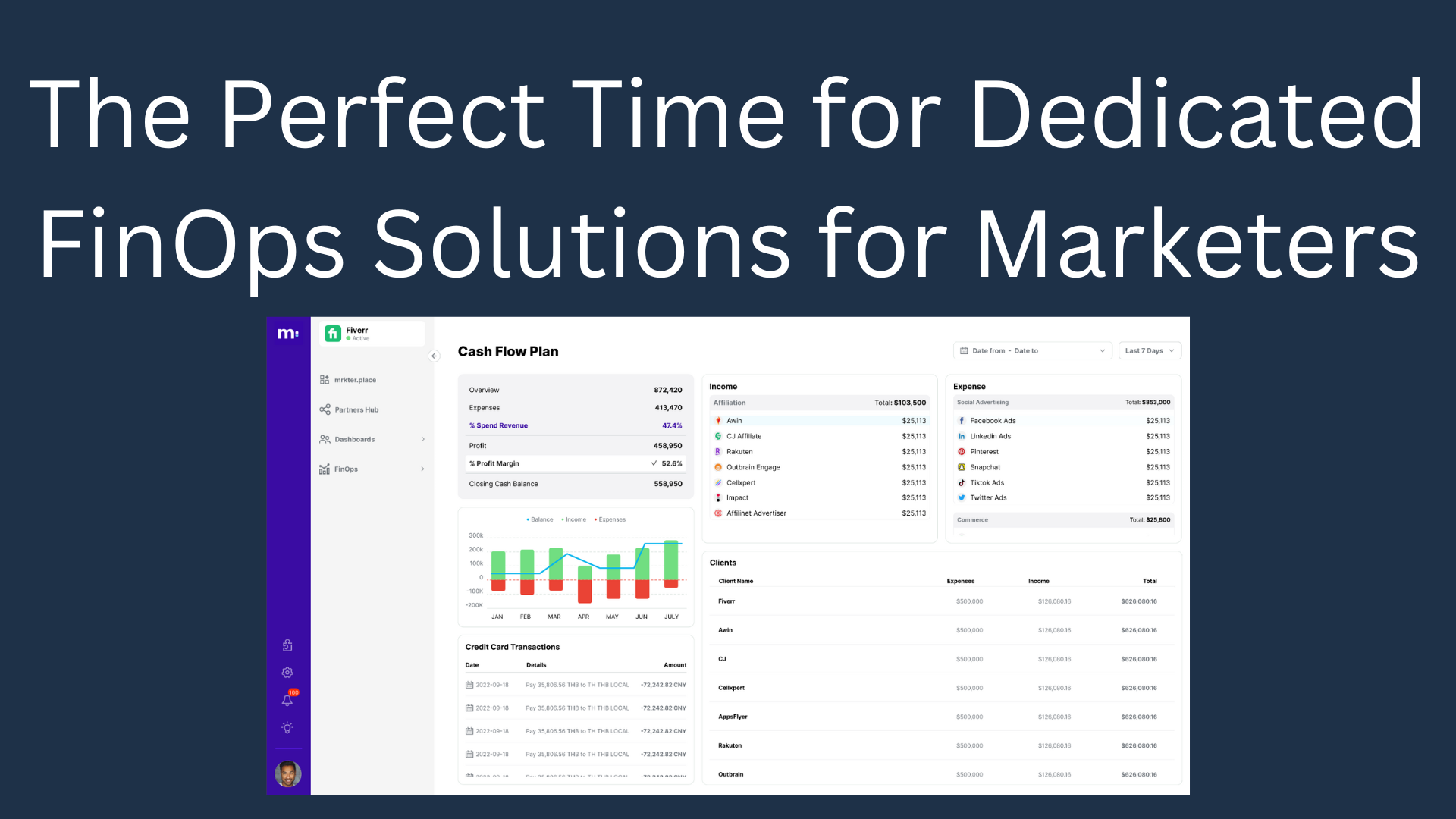
The role of the cloud in fintech
-
Table of Contents
- Introduction
- Exploring the Benefits of Cloud Computing for Fintech
- How Cloud Computing is Transforming the Fintech Industry
- The Impact of Cloud Computing on Financial Services
- The Security Challenges of Cloud Computing in Fintech
- The Future of Cloud Computing in Fintech: What to Expect
- Q&A
- Conclusion
“Unlock the Power of the Cloud to Transform Fintech”
Introduction
The cloud has become an integral part of the financial technology (fintech) industry. It has enabled fintech companies to provide innovative services and products to their customers, while also providing a secure and reliable platform for data storage and processing. The cloud has enabled fintech companies to reduce costs, increase scalability, and improve customer experience. In addition, the cloud has enabled fintech companies to access new markets and expand their customer base. This article will discuss the role of the cloud in fintech and how it has enabled fintech companies to become more competitive.
Exploring the Benefits of Cloud Computing for Fintech
The financial technology (fintech) industry is rapidly evolving, and cloud computing is playing an increasingly important role in its development. Cloud computing offers a range of benefits to fintech companies, including improved scalability, cost savings, and enhanced security. In this article, we will explore the advantages of cloud computing for fintech companies.
Scalability is one of the primary benefits of cloud computing for fintech companies. Cloud computing allows companies to quickly and easily scale up or down their computing resources as needed. This is especially beneficial for fintech companies, which often experience rapid growth and need to quickly adjust their computing resources to meet the demands of their customers.
Cloud computing also offers cost savings to fintech companies. By using cloud computing, companies can reduce their capital expenditure on hardware and software, as well as their operational costs. This is because cloud computing allows companies to pay only for the computing resources they use, rather than having to purchase and maintain their own hardware and software.
Finally, cloud computing offers enhanced security for fintech companies. Cloud computing providers offer a range of security measures, such as encryption, authentication, and access control, to protect customer data. This is especially important for fintech companies, which often handle sensitive financial information.
In conclusion, cloud computing offers a range of benefits to fintech companies, including improved scalability, cost savings, and enhanced security. By taking advantage of these benefits, fintech companies can remain competitive in an ever-evolving industry.
How Cloud Computing is Transforming the Fintech Industry
The financial technology (fintech) industry is undergoing a major transformation due to the emergence of cloud computing. Cloud computing is a technology that enables users to access data and applications over the internet, rather than having to store them on their own physical servers. This technology has revolutionized the way businesses operate, and the fintech industry is no exception.
Cloud computing has enabled fintech companies to reduce their costs and increase their efficiency. By using cloud-based services, companies can access data and applications without having to purchase and maintain their own physical servers. This reduces the need for expensive hardware and software, as well as the associated maintenance costs. Additionally, cloud computing allows companies to scale up or down quickly and easily, depending on their needs. This makes it easier for fintech companies to respond to changing market conditions and customer demands.
Cloud computing has also enabled fintech companies to provide more secure and reliable services. By using cloud-based services, companies can ensure that their data is stored securely and is accessible only to authorized personnel. This helps to protect customer data and reduce the risk of fraud and other security breaches. Additionally, cloud-based services are often more reliable than traditional on-premise solutions, as they are hosted on multiple servers and can be quickly and easily scaled up or down as needed.
Finally, cloud computing has enabled fintech companies to develop innovative new products and services. By leveraging the power of the cloud, companies can quickly develop and deploy new applications and services, allowing them to stay ahead of the competition. Additionally, cloud-based services can be used to provide customers with personalized experiences, such as tailored financial advice or automated investment recommendations.
In conclusion, cloud computing is transforming the fintech industry by reducing costs, increasing efficiency, providing more secure and reliable services, and enabling the development of innovative new products and services. As the technology continues to evolve, it is likely that the fintech industry will continue to benefit from the advantages of cloud computing.
The Impact of Cloud Computing on Financial Services
Cloud computing has had a significant impact on the financial services industry. This technology has enabled financial institutions to reduce costs, increase efficiency, and improve customer service.
Cloud computing has enabled financial institutions to reduce costs by eliminating the need for expensive hardware and software. By using cloud-based services, financial institutions can access the same services and applications without having to purchase and maintain their own hardware and software. This has resulted in significant cost savings for financial institutions.
Cloud computing has also enabled financial institutions to increase efficiency. By using cloud-based services, financial institutions can access data and applications from anywhere in the world. This has enabled financial institutions to streamline their operations and reduce the time it takes to complete tasks.
Finally, cloud computing has enabled financial institutions to improve customer service. By using cloud-based services, financial institutions can provide customers with access to their accounts and services from any device. This has enabled financial institutions to provide customers with a more convenient and secure experience.
Overall, cloud computing has had a significant impact on the financial services industry. By reducing costs, increasing efficiency, and improving customer service, cloud computing has enabled financial institutions to become more competitive and successful.
The Security Challenges of Cloud Computing in Fintech
The financial technology (fintech) industry is rapidly growing and evolving, and cloud computing is playing an increasingly important role in its development. However, the use of cloud computing in fintech also presents a number of security challenges that must be addressed.
One of the primary security challenges of cloud computing in fintech is the risk of data breaches. As more financial data is stored in the cloud, the risk of unauthorized access to sensitive information increases. To mitigate this risk, organizations must ensure that their cloud-based systems are properly secured with strong authentication protocols and encryption technologies. Additionally, organizations should regularly monitor their cloud-based systems for any suspicious activity.
Another security challenge of cloud computing in fintech is the risk of malicious attacks. As cloud-based systems become more complex, they become more vulnerable to malicious actors. To protect against these threats, organizations must ensure that their cloud-based systems are regularly updated with the latest security patches and that they are monitored for any suspicious activity. Additionally, organizations should implement robust security measures such as firewalls and intrusion detection systems to protect their cloud-based systems from malicious attacks.
Finally, organizations must also consider the risk of insider threats when using cloud computing in fintech. Insiders with access to sensitive data can easily misuse or steal it, so organizations must ensure that their cloud-based systems are properly secured and monitored for any suspicious activity. Additionally, organizations should implement strict access control policies to ensure that only authorized personnel have access to sensitive data.
In conclusion, cloud computing in fintech presents a number of security challenges that must be addressed. Organizations must ensure that their cloud-based systems are properly secured and monitored for any suspicious activity. Additionally, organizations should implement robust security measures such as firewalls and intrusion detection systems to protect their cloud-based systems from malicious attacks. Finally, organizations must also consider the risk of insider threats and implement strict access control policies to ensure that only authorized personnel have access to sensitive data.
The Future of Cloud Computing in Fintech: What to Expect
The future of cloud computing in fintech is an exciting prospect. Cloud computing has revolutionized the way financial services are delivered, and its potential for further disruption is immense. As the technology continues to evolve, it is likely to become even more integral to the financial services industry.
Cloud computing has already had a major impact on the financial services industry. It has enabled financial institutions to reduce costs, increase efficiency, and improve customer service. Cloud computing has also enabled financial institutions to access data from anywhere in the world, allowing them to make better decisions and provide more personalized services.
In the future, cloud computing is likely to become even more important in the financial services industry. As the technology continues to evolve, it is likely to become even more integral to the financial services industry. For example, cloud computing could enable financial institutions to access real-time data from multiple sources, allowing them to make better decisions and provide more personalized services.
Cloud computing could also enable financial institutions to develop new products and services. For example, cloud computing could enable financial institutions to develop new payment systems, such as mobile payments, that could revolutionize the way people pay for goods and services. Additionally, cloud computing could enable financial institutions to develop new analytics tools that could help them better understand customer behavior and make better decisions.
Finally, cloud computing could enable financial institutions to develop new security measures. As the technology continues to evolve, it is likely to become even more important for financial institutions to protect their data and systems from cyber threats. Cloud computing could enable financial institutions to develop new security measures that could help them protect their data and systems from cyber threats.
In conclusion, the future of cloud computing in fintech is an exciting prospect. As the technology continues to evolve, it is likely to become even more integral to the financial services industry. Cloud computing could enable financial institutions to reduce costs, increase efficiency, and improve customer service. Additionally, cloud computing could enable financial institutions to develop new products and services, as well as new security measures. As such, the future of cloud computing in fintech is an exciting prospect that is likely to revolutionize the way financial services are delivered.
Q&A
Q1: What is the role of the cloud in fintech?
A1: The cloud plays an important role in fintech by providing a secure, reliable, and cost-effective platform for financial services companies to store and process data. Cloud-based solutions enable fintech companies to quickly scale their operations, reduce costs, and improve customer experience. Additionally, cloud-based solutions provide access to advanced analytics and machine learning capabilities, allowing fintech companies to gain insights into customer behavior and develop innovative products and services.
Q2: How does the cloud help fintech companies?
A2: The cloud helps fintech companies in a variety of ways. Cloud-based solutions enable fintech companies to quickly scale their operations, reduce costs, and improve customer experience. Additionally, cloud-based solutions provide access to advanced analytics and machine learning capabilities, allowing fintech companies to gain insights into customer behavior and develop innovative products and services.
Q3: What are the benefits of using the cloud for fintech?
A3: The benefits of using the cloud for fintech include increased scalability, cost savings, improved customer experience, access to advanced analytics and machine learning capabilities, and improved security. Additionally, cloud-based solutions enable fintech companies to quickly develop and deploy new products and services.
Q4: What security measures are in place to protect data stored in the cloud?
A4: Cloud providers typically employ a variety of security measures to protect data stored in the cloud. These measures include encryption, authentication, access control, and monitoring. Additionally, cloud providers often use multi-factor authentication and other security measures to ensure that only authorized users can access data stored in the cloud.
Q5: What are the challenges of using the cloud for fintech?
A5: The main challenge of using the cloud for fintech is ensuring that data is secure and compliant with applicable regulations. Additionally, cloud-based solutions can be expensive and require a certain level of technical expertise to set up and maintain. Finally, cloud-based solutions can be vulnerable to cyberattacks, so it is important for fintech companies to ensure that their cloud-based solutions are properly secured.
Conclusion
The cloud has become an integral part of fintech, providing a secure, reliable, and cost-effective platform for financial services. It has enabled fintech companies to quickly develop and deploy innovative products and services, while also providing a secure and reliable infrastructure for data storage and processing. The cloud has also enabled fintech companies to scale quickly and efficiently, allowing them to reach more customers and expand their services. As the cloud continues to evolve, it will continue to play an important role in the future of fintech.


